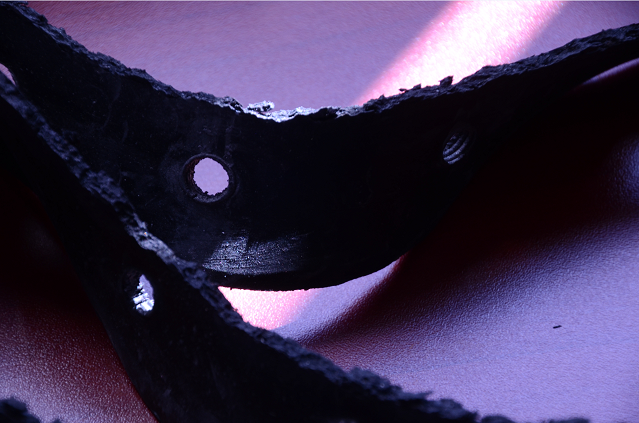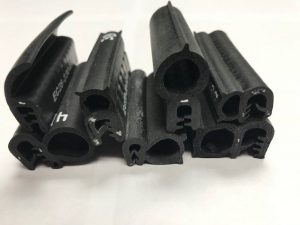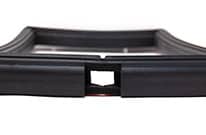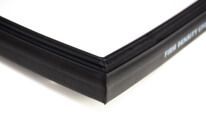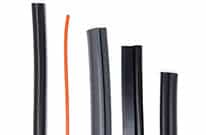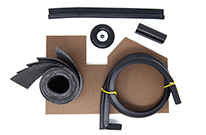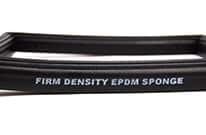Philippe Grenier
Production Coordinator at Elasto Proxy
Diesel engines are big, powerful, and a lot more expensive than the rubber seals used with vehicle fuel tanks. If a gasket on an access door fails, however, a rubber part that costs just a few dollars can stop an engine that costs thousands. For the owners of diesel-powered equipment, engine failure can mean repairs and downtime. For suppliers who provide rubber compounds to seal fabricators, the cost of component failure can mean a loss of trust.
Seal Failure
Consider the case of a rubber gasket used on a 2’ x 2’ access door for a diesel fuel tank. The gasket fabricator ordered Buna N from an overseas supplier, but believes to have received low-quality material. The custom-fabricated component was delivered on-time and installed properly, but lasted just two weeks in the field. The splashing of diesel fuel caused the rubber to disintegrate, sending small pieces of material through the fuel line and clogging the engine.
Today, a laboratory is inspecting the failed seal to determine if the rubber compound that was supplied was really Buna N, a synthetic material that offers resistance to oil, fuel, and other chemicals. The lab is also checking the rubber’s durometer or duro, a measure of hardness, to determine if the material met the fabricator’s (and the customer’s) specifications. All of the original material has been scrapped, and new Buna N obtained from a trusted, local supplier.
The Importance of Trust
Without trust, supplier relationships cannot succeed – especially in our global economy. In the case of the failed door seal, the original material came from China and was delivered to the fabricator in North America. The Chinese supplier had filled several orders before, with one other material-related problem. After just six months, a silicone gasket had dried out and cracked prematurely.
For companies that do business in China, there are many challenges to overcome. For example, by the time rubber compounds arrive in North America, it may be too late to meet customer delivery dates if inspection reveals that materials are defective. Inspecting rubber compounds before they leave China is one solution, but trust and a shared commitment to quality is preferable to the need for verification.
Customers and Compound Selection
Now that you know the story of the failed fuel-tank seal, we’ll examine how customers can source the right rubber compounds. Next week, we’ll look at the chemical resistance of various elastomers and consider how to balance your application requirements against material costs. We’ll also consider why it’s important for supply chain partners to ask questions about your application requirements, and how a trusted custom fabricator can help your business with that process.

